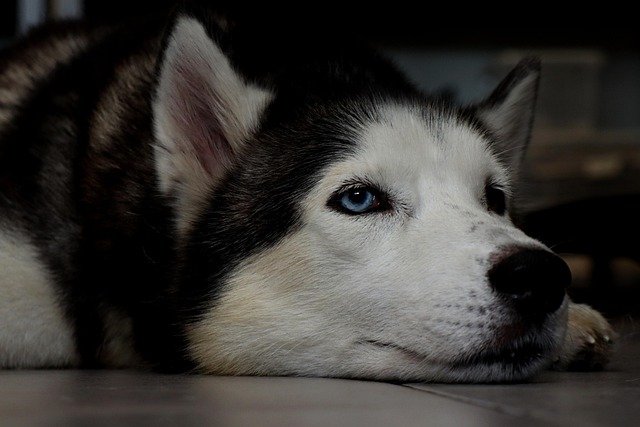
What is glaucoma in a dog?
You might notice your dog squinting more at mealtime or avoiding bright sunlight—these small changes could be early signs of a serious eye condition.
You’re chopping veggies for dinner, and your furry friend is right there, hoping a piece might “accidentally” fall. While many vegetables are great for dogs, some common ones can be harmful—or even deadly. Knowing which ones to keep out of paw’s reach is a key part of responsible pet ownership, especially when balancing your dog’s curiosity with their safety.
The vegetables that pose the greatest risks often contain natural compounds that dogs can’t metabolize effectively. Onions, garlic, and other alliums (like leeks and chives) top the danger list—they contain thiosulfate, which can cause hemolytic anemia, damaging red blood cells and leading to weakness or even organ failure. Raw potatoes, particularly their green-tinged skins and eyes, contain solanine, a toxin that can cause vomiting, heart issues, and neurological disturbances. Mushrooms, though often categorized as fungi, are another common hazard; wild varieties can cause liver failure or seizures, and even store-bought types pose a risk due to potential contamination and digestibility issues.
If your dog manages to snatch something they shouldn’t, act quickly. Remove any remaining pieces from their mouth, and note what and how much they ate. Contact your vet or an animal poison control center immediately—having your dog’s medical and vaccine records handy will help professionals advise you efficiently. For urban pet parents in apartments, this is especially critical: quick action can prevent emergencies in spaces where getting to a vet might involve elevators, traffic, or other delays. Keep a pet first-ait kit in your home, and make sure everyone in your household knows these basic steps.

This cautious approach aligns with broader legal and cultural expectations. In the U.S., ensuring your dog is vaccinated against rabies isn’t just a health measure—it’s the law, and it becomes vital if an emergency vet visit is needed. Cleaning up after your dog remains non-negotiable; after all, gastrointestinal upset from unsafe foods could mean more bathroom accidents in shared spaces, so always have biodegradable bags on hand. Using positive reinforcement—like offering safe treats such as carrots or green beans—instead of scolding for scavenging helps build trust and aligns with force-free training practices embraced by organizations like the American Veterinary Society of Animal Behavior.
By staying informed and vigilant, you’re not only protecting your pup—you’re also contributing to a safer and more respectful community for all pets and people.

You might notice your dog squinting more at mealtime or avoiding bright sunlight—these small changes could be early signs of a serious eye condition.

Let’s set the scene: It’s a sweltering Phoenix afternoon—105°F outside—and you rushed your 2-year-old Lab mix, Cooper, on a quick walk to “get it over with.”

Let’s get real: You’re in your Miami apartment, watching your 3-year-old Corgi, Loki, struggle to climb the stairs to your second-floor unit.

Many dog owners brush off occasional scratching as just “dog behavior,” but persistent itching often signals something more—like a food allergy.

You might first notice your dog scratching more than usual—chewing at their paws until the fur looks thin, or rubbing their face against the couch nonstop.

Let’s be real: You’re standing in your Chicago apartment, watching your 3-year-old Beagle, Max, huff and puff just to climb onto the couch.